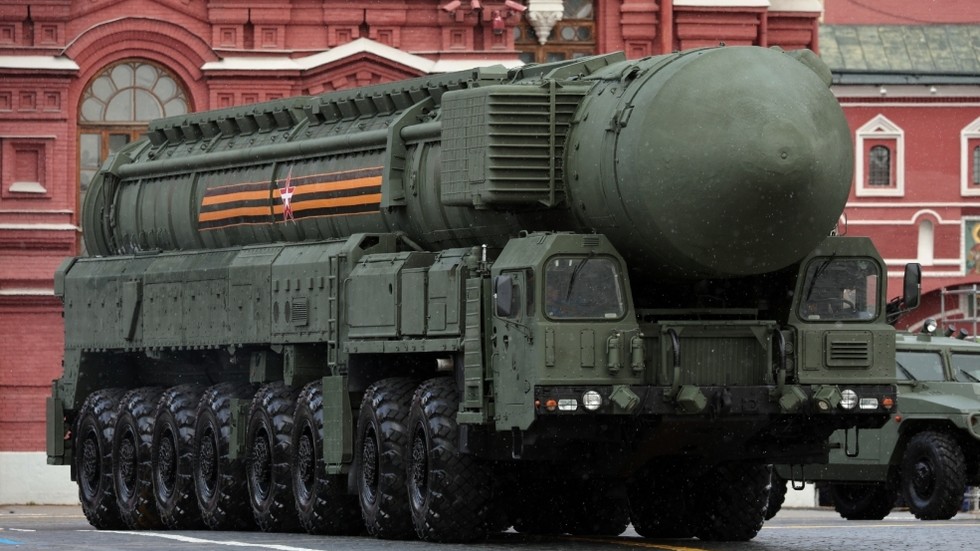World
US Believes Russian Nuclear Strike ‘Unlikely’ – Reuters

The United States assesses that a Russian nuclear strike remains unlikely, despite ongoing tensions. This assessment comes amid heightened global security concerns.
According to a report by Reuters on Thursday that cites five individuals familiar with American intelligence, the United States considers it improbable for Russia to resort to nuclear weapons in retaliation against Ukraine’s deep strikes into Russian territory using missiles provided by Western nations.
According to the news agency, for several months, US officials were engaged in what was described as “an often divisive” debate over whether outgoing President Joe Biden should authorize Kiev to target internationally recognized Russian territory with American-made ATACMS missiles. Initially, some members of the White House, Pentagon, and State Department expressed concerns about “lethal retaliation” against American or allied military bases and diplomats. However, sources informed Reuters that worries about escalation—including nuclear fears—were exaggerated.
According to an anonymous congressional aide informed about the intelligence, “The evaluations consistently indicated that ATACMS would not alter Russia’s nuclear strategy.” Additional sources mentioned that intelligence reports determined a “nuclear escalation was unlikely,” and this evaluation has remained unchanged since Biden’s decision to allow Ukraine unrestricted use of ATACMS.
READ ALSO: Iran Unveils New Developments in Nuclear Program
Russian President Vladimir Putin cautioned that deploying long-range missiles supplied by the West would significantly “alter the nature” of the conflict. He emphasized that operating these advanced weapon systems necessitates direct involvement from NATO personnel. In a video address on November 21, Putin asserted Russia’s right to target military sites beyond Ukraine and vowed to “respond decisively and proportionately if there is an escalation in aggressive actions.”
Putin issued his warning shortly after Russia targeted a weapons factory in the Ukrainian city of Dnepr using its new Oreshnik ballistic missile. Subsequently, the Russian Defense Ministry promised to respond to any additional strikes from Ukraine.
Earlier this month, Russia formally updated its nuclear doctrine to reduce the threshold for using nuclear weapons. As stated in the revised document, Moscow maintains the right to use its nuclear arsenal if faced with a nuclear or conventional attack that represents “a critical threat to its sovereignty and/or territorial integrity.”
